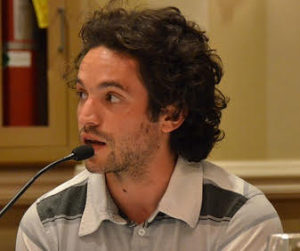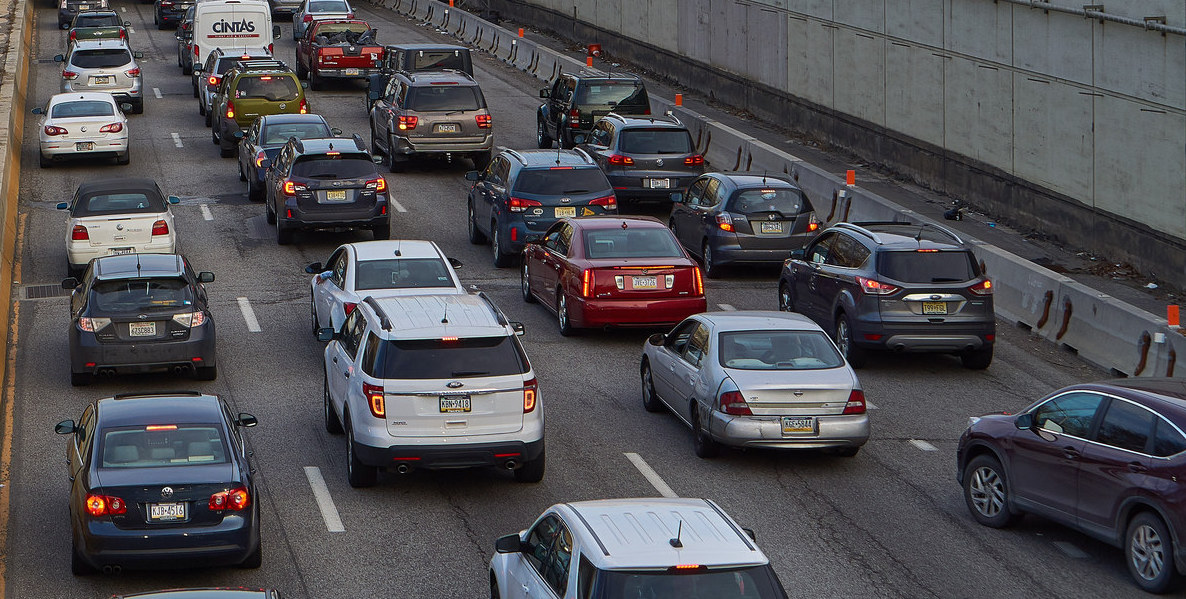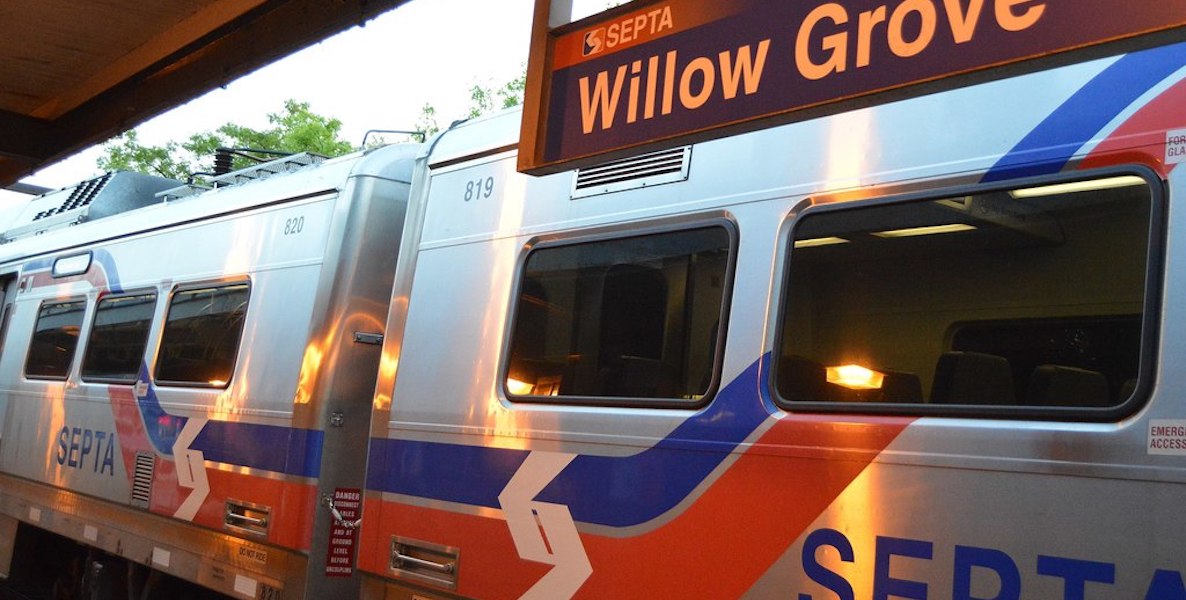Philadelphians who want to make an immediate political statement in support of infrastructure revitalization, public health, efficient economies and inclusive organized labor need do just one simple thing: Take public transportation.

Currently, only 27 percent of us ride SEPTA. The 171,000 Philadelphians who take public transportation to work is the fourth highest total in the country. (This number doesn’t account for Regional Rail commuters.) And we rank 9th in the country for transportation in terms of convenience and usage, based on a study out of the Texas A&M Transportation Institute. We could and should have the largest publicly commuting workforce in the country, besides New York.
The benefits would abound: With increased use of public transportation and Phase 2 of the federal Clean Car standards, Philadelphia could finally lower it’s 1 in 4 childhood asthma prevalence, currently double the national rate.
Thomas Holmes’ 1683 “Portraiture of the City of Philadelphia” was not made with mobile apps or single occupancy vehicles in mind. In addition to the dangers of smog and climate-changing pollution generated from the city’s automobiles, Philadelphia’s low curbs and narrow streets create a deadly atmosphere for pedestrians and cyclists, as well as drivers.
The City of Brotherly Love has more traffic related deaths per capita than any other major city in the United States. Philadelphia drivers also, on average, make an automobile insurance claim every 6.1 years, putting the city 191st among the top 200 U.S. cities for automobile safety. In their defense, Holmes and William Penn’s main priority in Philly’s colonial planning was avoiding the tangled London streetscape that contributed to that city’s catastrophic Great Fire of 1666.
We have made great strides in public policy over the city’s lifetime, but a new report is telling us we have much further to go. While air pollution is decreasing over time, non-whites aren’t experiencing the benefits. A study in Environmental Health Perspectives concluded that people of color remain disproportionately exposed to nitrogen dioxide pollution, one of the chief emissions of automobiles and the main ingredient in asthma-causing smog (along with heat).
In 2000, people of color were three times more likely than whites to live in an area that exceeded healthy nitrogen dioxide levels; in 2010, that disproportionate rate had fallen slightly to 2.5. During the same time frame, Philadelphia’s childhood asthma hospitalization rate more than doubled. And African Americans are also nearly twice as likely to die in a pedestrian accident.
![]()
Sadly, both our federal and state governments are threatening to make traffic, pollution and climate change worse. President Donald Trump has instigated a costly and needless midterm review of President Obama’s Corporate Average Fuel Economy (CAFE) standards, which would bring the average efficiency of a car company’s entire fleet to 54.5 miles per gallon by 2025. This would benefit the environment and guarantee consumer savings on fuel; scrapping the program is an obvious giveaway to the fossil fuel industry.
This comes amidst Trump’s claims that he is reigning in government spending. If that’s the case, why isn’t he talking about eliminating the $7.6 billion commuter parking tax benefit? This longtime hindrance to urban efficiency literally pays people to drive to work. In contrast, the mass-transit commuter tax benefit costs $1.3 billion and actually helps cities. That Trump isn’t championing this tax break speaks volumes about his real priorities.
Conservatives in the state legislature would like to gut SEPTA in order to meet their $2 billion budget shortfall. This would raise fares and cut routes, while putting more cars on the road and more smog in our already unhealthy air.
Additionally, conservatives in the Pennsylvania state legislature would like to gut SEPTA in order to meet their $2 billion budget shortfall. This would raise fares and cut routes, while putting more cars on the road and more smog in our already unhealthy air. Philadelphia City Council’s recent moratorium on electric vehicle parking spaces is also not helping our efforts to modernize transportation and protect respiratory health.
![]()
Emissions from transportation are 60 percent of Philly’s failing air quality and the South Philadelphia Refinery is the city’s largest stationary source of air pollution as well as the East Coast’s largest (and oldest) oil refinery. It makes gasoline! While the fossil fuel industry has an undeniable grip on our democracy, by simply getting out of our cars and off our phones, Philadelphians can improve air quality, protect pedestrians and avoid the worst effects of climate change.
Russell Zerbo has been the advocacy coordinator at the Clean Air Council since 2012. He currently serves on the Philadelphia Health Department’s Climate Change and Health Advisory Group and works within the Philadelphia Health and Environment Ethnography Lab based out of Drexel University. He is SustainPHL’s 2017 Activist of the Year. Reach him at rzerbo@cleanair.org.
Header Photo: Jarrett Stewart for Flickr



